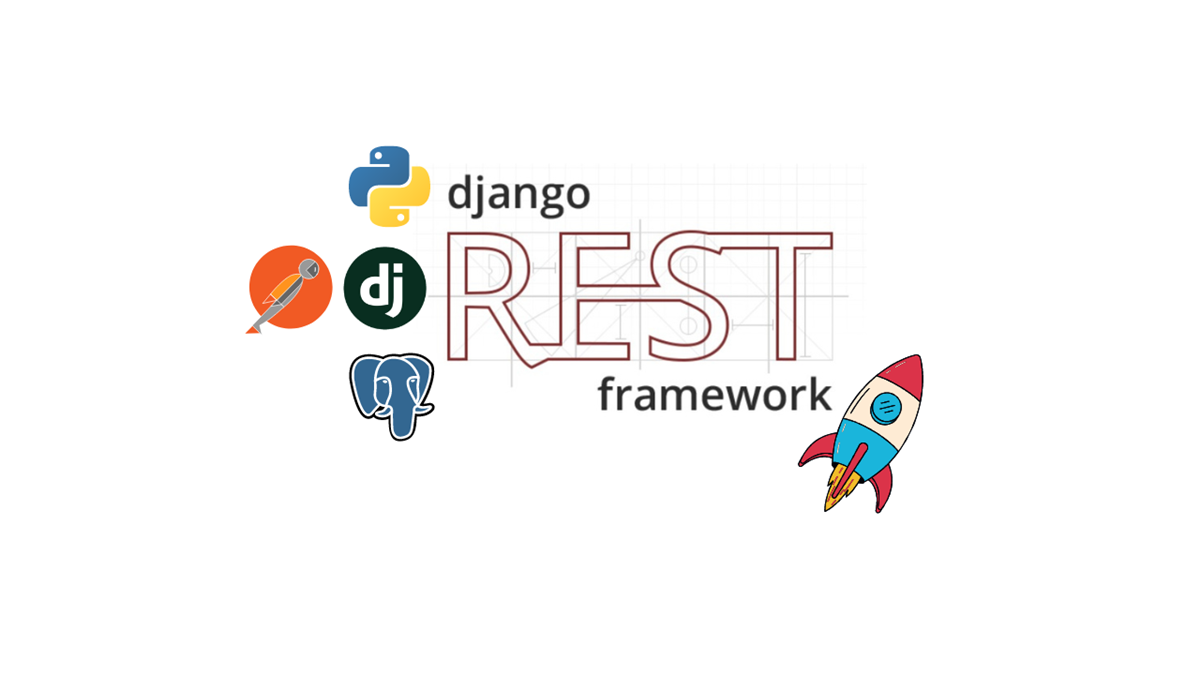
Welcome to the PostgreSQL Mastery Course!
Course Overview:
This comprehensive course is designed to take you from a beginner to an advanced level in PostgreSQL, one of the most powerful and popular relational database management systems. Whether you're a developer, data analyst, or IT professional, this course provides you with in-depth knowledge and practical skills to manage, query, and optimize PostgreSQL databases effectively.
What You Will Learn:
Introduction to PostgreSQL:
Understand the core concepts of relational databases, SQL, and PostgreSQL.
Database Setup & Configuration: Learn how to install, configure, and maintain PostgreSQL across different environments (Windows, Linux, etc.).
SQL Queries & Data Manipulation: Master essential SQL commands for data retrieval, insertion, updating, and deletion.
Advanced SQL Techniques: Dive deeper into complex queries, joins, subqueries, and window functions.
Database Design & Normalization: Learn how to design efficient databases by applying best practices and normalization principles.
Indexing & Optimization: Optimize query performance using indexes, partitioning, and query tuning.
Security & Authentication: Implement security best practices, user management, roles, and permissions in PostgreSQL.
Backup & Restore: Learn how to back up your data and restore it in case of failures.
Stored Procedures & Triggers: Write custom functions and automate tasks using stored procedures and triggers.
Advanced Features: Explore features like JSON support, full-text search, and data replication for high availability.
Who Is This Course For?
Beginners looking to learn PostgreSQL from scratch.
Intermediate learners aiming to enhance their SQL and database management skills.
Developers who want to integrate PostgreSQL into their applications.
Data Analysts needing powerful tools for data storage, analysis, and reporting.
Database Administrators seeking best practices for managing and scaling databases.
Why Learn PostgreSQL?
PostgreSQL is known for its stability, scalability, and performance. It supports both structured and unstructured data, making it ideal for a variety of applications, from web and mobile apps to large-scale enterprise solutions. By mastering PostgreSQL, you open doors to numerous career opportunities in database management and software development.
Course Prerequisites:
No prior knowledge of PostgreSQL is required. Basic familiarity with SQL or relational databases can be helpful, but not necessary, as this course covers everything from the fundamentals to advanced concepts.
Join now and embark on your journey to becoming a PostgreSQL expert!

